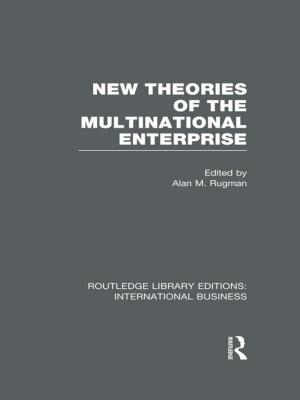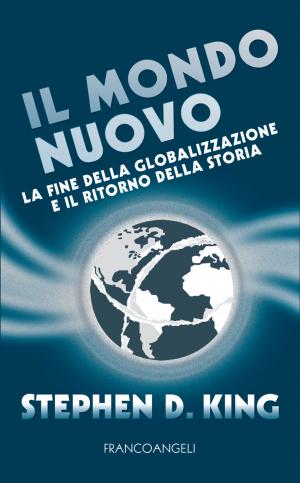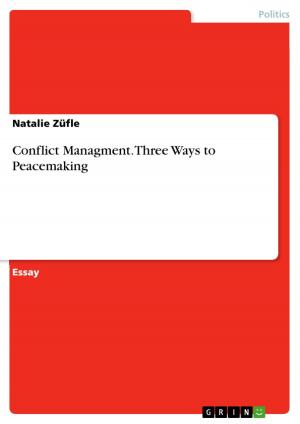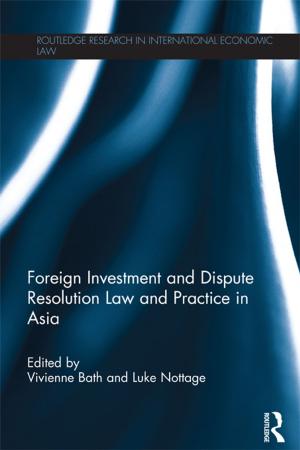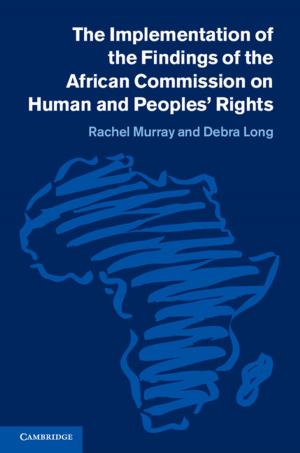Iran: From Regional Challenge to Global Threat
Nonfiction, Social & Cultural Studies, Political Science, International| Author: | Jerusalem Center for Public Affairs | ISBN: | 9781465759504 |
| Publisher: | Jerusalem Center for Public Affairs | Publication: | February 8, 2012 |
| Imprint: | Smashwords Edition | Language: | English |
| Author: | Jerusalem Center for Public Affairs |
| ISBN: | 9781465759504 |
| Publisher: | Jerusalem Center for Public Affairs |
| Publication: | February 8, 2012 |
| Imprint: | Smashwords Edition |
| Language: | English |
This anthology of 31 recent studies by eleven leading security and diplomatic experts outlines the Iranian threat to Israel, the Middle East region, and the West. Iran's progress in developing nuclear weapons is now openly acknowledged by the International Atomic Energy Agency, the UN watchdog, based in Vienna. Iran's efforts to reach beyond the Middle East in order to penetrate the Western Hemisphere reached new levels when the U.S. disclosed that the Islamic Revolutionary Guard Corps (IRGC). was seeking to work with a Mexican drug cartel in order to carry out a mass-casualty terrorist attack in the heart of Washington, D.C. Finally, Iran's repeated threats to close off the Strait of Hormuz, and its naval maneuvers in that area, underlined how Tehran sought to use the dependence of the world on Persian Gulf oil to force the West to adopt new policies.
Edited by Brig.-Gen. (ret.) Dr. Shimon Shapira, the other authors include Amb. Dore Gold, Maj.-Gen. (ret.) Yaakov Amidror, Maj.-Gen. (ret.) Aharon Ze'evi Farkash, Brig.-Gen (ret.) Yossi Kuperwasser, Dr. Shmuel Bar, Uzi Rubin, Lt.-Col. (ret.) Michael Segall, Dr. Harold Rhode, Col. (ret.) Dr. Jacques Neriah, and Amb. Zvi Mazel.
This anthology of 31 recent studies by eleven leading security and diplomatic experts outlines the Iranian threat to Israel, the Middle East region, and the West. Iran's progress in developing nuclear weapons is now openly acknowledged by the International Atomic Energy Agency, the UN watchdog, based in Vienna. Iran's efforts to reach beyond the Middle East in order to penetrate the Western Hemisphere reached new levels when the U.S. disclosed that the Islamic Revolutionary Guard Corps (IRGC). was seeking to work with a Mexican drug cartel in order to carry out a mass-casualty terrorist attack in the heart of Washington, D.C. Finally, Iran's repeated threats to close off the Strait of Hormuz, and its naval maneuvers in that area, underlined how Tehran sought to use the dependence of the world on Persian Gulf oil to force the West to adopt new policies.
Edited by Brig.-Gen. (ret.) Dr. Shimon Shapira, the other authors include Amb. Dore Gold, Maj.-Gen. (ret.) Yaakov Amidror, Maj.-Gen. (ret.) Aharon Ze'evi Farkash, Brig.-Gen (ret.) Yossi Kuperwasser, Dr. Shmuel Bar, Uzi Rubin, Lt.-Col. (ret.) Michael Segall, Dr. Harold Rhode, Col. (ret.) Dr. Jacques Neriah, and Amb. Zvi Mazel.


